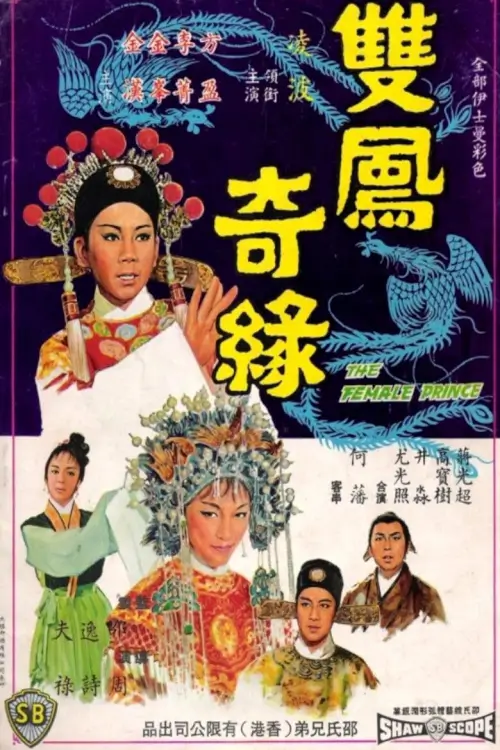Sakura ซากุระ (2020) [บรรยายไทย]
![Sakura ซากุระ (2020) [บรรยายไทย] เต็มเรื่อง](https://nungdeedee.com/uploads/images/a136zmntno0840s4k.jpg)

หมวดหมู่ : หนังดราม่า , หนังครอบครัว
เรื่องย่อ : Sakura ซากุระ (2020) [บรรยายไทย]
ชื่อภาพยนตร์: Sakura ซากุระ
ผู้กำกับภาพยนตร์: ฮิโตชิ ยาซากิ
ผู้เขียนบทภาพยนตร์: คานาโกะ นิชิ
นักแสดง: ทามิยาสุ โช , มา ซายะ คาโต้ , ทาคุมิ คิตามูระ
แนว/ประเภท: ดราม่า , ครอบครัว
ความยาว:
วันเข้าฉาย: 13 พฤศจิกายน 2563
ครอบครัวฮาเซกาวะมีพ่อ แม่ ฮาจิเมะพี่ชายคนโต(เรียว) คาโอรุพี่คนรอง (ทาคุมิ) และน้องสาว (นานะ) และสุนัขชื่อซากุระ คืนวันผ่านไปอย่างมีความสุขจนถึงวันจากไปของพี่ชายคนโต ทำให้ครอบครัวแตกสลาย 2 ปีผ่านไป จู่ๆพ่อก็เขียนจดหมายมาถึงคาโอรุ ว่าจะกลับมาบ้านสิ้นปีนี้ ความสัมพันธ์ของครอบครัวจะกลับมาดีเหมือนเดิมได้หรือไม่

IMDB : tt10132488
คะแนน : 7.4
รับชม : 817 ครั้ง
เล่น : 109 ครั้ง
Sleepless nights, warmth, and magic spells are the essence of a film that gives space to its three main protagonists. Kaoru talks to us and is the emotional anchor for the viewer. His inner dialogue narrates the movie but does not leave out the arcs of his siblings and parents. Each character has equal screen time and the many topics fit in well in the runtime of almost two hours. In the beginning, a rather confusing editing is used to introduce the backstory of the family members, underlined with a distinctive piano theme. After 30 minutes, “Sakura” recovers itself and reveals a lot of twists and funny moments. In doing so, Yazaki presents the up and downs in an non-agitated manner. There is no overacting from the cast and no corny stylistic tools being used that one may expect from the drama playbook.

In these moments, the true power of the actors comes across. Ryo Yoshizawa (“River’s Edge” 2018) portrays a roguish Hajime and outplays his somewhat softened-down brother Kaoru, played by Takumi Kitamura (“Tremble All You Want” 2017). His role as the narrator gives him a neutral virtue that is matched by the acting of Nana Komatsu (“Farewell Song” 2019) in the role of Miki. Both show numbness in their behaviour that mirrors the feelings of puberty and sexual awakening. Since they are the younger ones, the movie equips them with uncertainty and doubt. The parents are played by Shinobu Terajima (“Oh Lucy” 2017) and Masatoshi Nagase (“Mystery Train” 1989). Their chemistry on screen, the contrast between the dominant mother and the passive father, resembles the topic of matriarchy and evokes some laughter after all.
“Sakura” turns away from the exploited way sexuality was presented in Yazaki’s “March Comes in Like a Lion” (1991) or “Sweet Little Lies” (2010) and wraps up themes like homosexuality and incest in a contemporary pattern. As in Kazuya Shiraishi’s “One Night” (2019), it also has a car scene as a journey through time to connect past and present. This kind of narrative tool may become a trend since it worked very well in both films.














